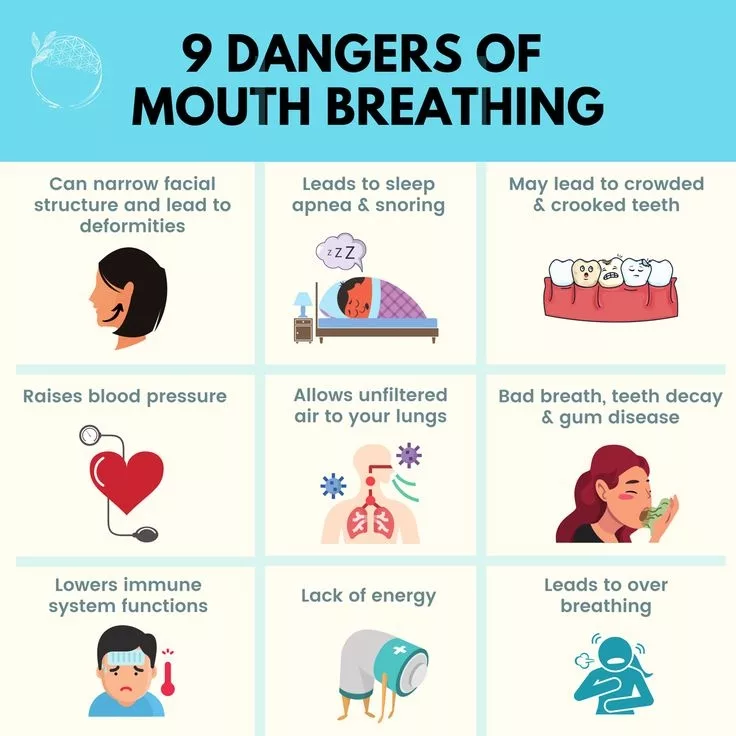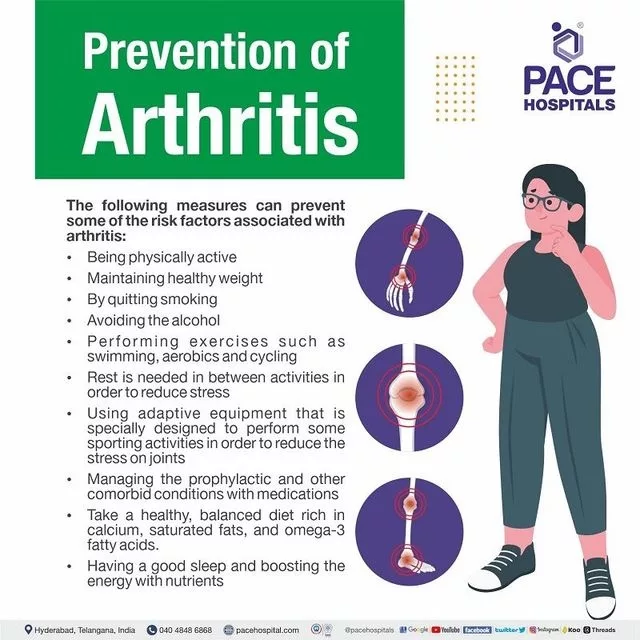Omega-3: Understanding the Essential Nutrient for Your Health
Omega-3 is a type of polyunsaturated fatty acid, which is one of the essential nutrients for our body. Since these fatty acids are not produced internally by our body, they must be obtained through diet. We will explore in detail the benefits of omega-3, its types, and potential side effects.

Benefits of Omega-3
- Prevention of Cardiovascular Diseases: Omega-3 is effective in preventing cardiovascular diseases. It helps lower triglyceride levels in the blood, control blood pressure, reduce inflammation in blood vessels, and improve blood circulation.
- Reduction of Inflammation: It aids in the prevention of diseases caused by chronic inflammation. Omega-3 plays a crucial role in regulating the inflammatory response, which can help alleviate symptoms of inflammatory diseases such as arthritis.
- Enhancement of Brain Health: It supports brain health and cognitive function. Omega-3 is an important component of the membranes of brain cells and plays a vital role in preventing age-related diseases, including memory decline.
- Relief from Depression and Anxiety: Omega-3 has an impact on mood regulation and can help reduce symptoms of depression and anxiety.

Types of Omega-3
There are mainly three types of omega-3: ALA (alpha-linolenic acid), EPA (eicosapentaenoic acid), and DHA (docosahexaenoic acid).
- ALA (alpha-linolenic acid):
- Found primarily in plant oils (flaxseed oil, chia seeds, walnuts). The human body can convert ALA into EPA and DHA, although the conversion rate is low.
- EPA (eicosapentaenoic acid) and DHA (docosahexaenoic acid):
- These are mainly found in fish and seaweed. Particularly, fatty fish (salmon, sardines, mackerel) or fish oil supplements are rich sources of EPA and DHA.

Side Effects of Omega-3
While omega-3 is generally safe when consumed in appropriate amounts, overconsumption can lead to certain side effects.
- Increased Bleeding Tendency: High doses of omega-3 can thin the blood, potentially increasing the tendency to bleed.
- Gastrointestinal Side Effects: Some people may experience digestive issues, such as indigestion, abdominal pain, diarrhea, or nausea, when taking omega-3 supplements.
Digestive system side effects: Some people may experience digestive system side effects such as indigestion, abdominal pain, diarrhea, or nausea when taking omega-3 supplements. These symptoms typically occur with high doses of omega-3 intake.These symptoms typically occur with high doses of omega-3 intake.

- Impact on the immune system:
Consuming very high doses of omega-3 can suppress the function of the immune system, so individuals with weak immune systems or immune disorders need to be cautious.
- Blood sugar control issues:
Some studies have suggested that omega-3 can affect blood sugar control, but this area is still not clear. Diabetics should consult with a healthcare professional before using omega-3 supplements.
Methods of Consuming Omega-3 The best way to consume omega-3 is through a balanced diet that naturally includes it. Consuming fatty fish more than twice a week can provide an adequate intake of EPA and DHA.
Plant-based omega-3, ALA, can be consumed through flaxseeds, chia seeds, and walnuts.
If it is difficult to consume enough omega-3 through diet, considering omega-3 supplements is an option. When choosing supplements, it is important to check for purity, the content of EPA and DHA, and the presence of heavy metal contamination.

Introducing Foods Rich in Omega-3
Omega-3 can be obtained from various foods:
- Salmon: A fish rich in EPA and DHA.
- Tuna: Also contains EPA and DHA.
- Flaxseeds: Plant-based Omega-3 fatty acids, including alpha-linolenic acid.
- Walnuts: Contain plant-based Omega-3, alpha-linolenic acid, and dietary fiber.
- Avocado: Contains monounsaturated fatty acids and provides Omega-3.

Conclusion
- Omega-3 offers various health benefits, including cardiovascular health, brain function, and reduction of inflammation. However, like all supplements, excessive intake can cause side effects, so it is important to consume the right amount. It is advisable to consult with a professional to find the method of omega-3 intake that suits your health status and needs. Consuming omega-3 appropriately along with a balanced diet can further improve our health.





